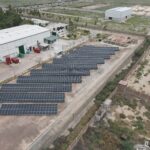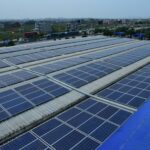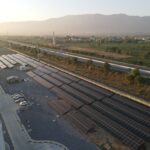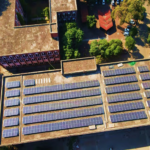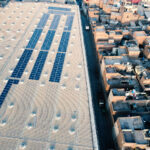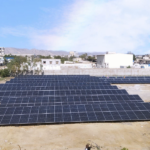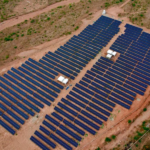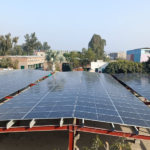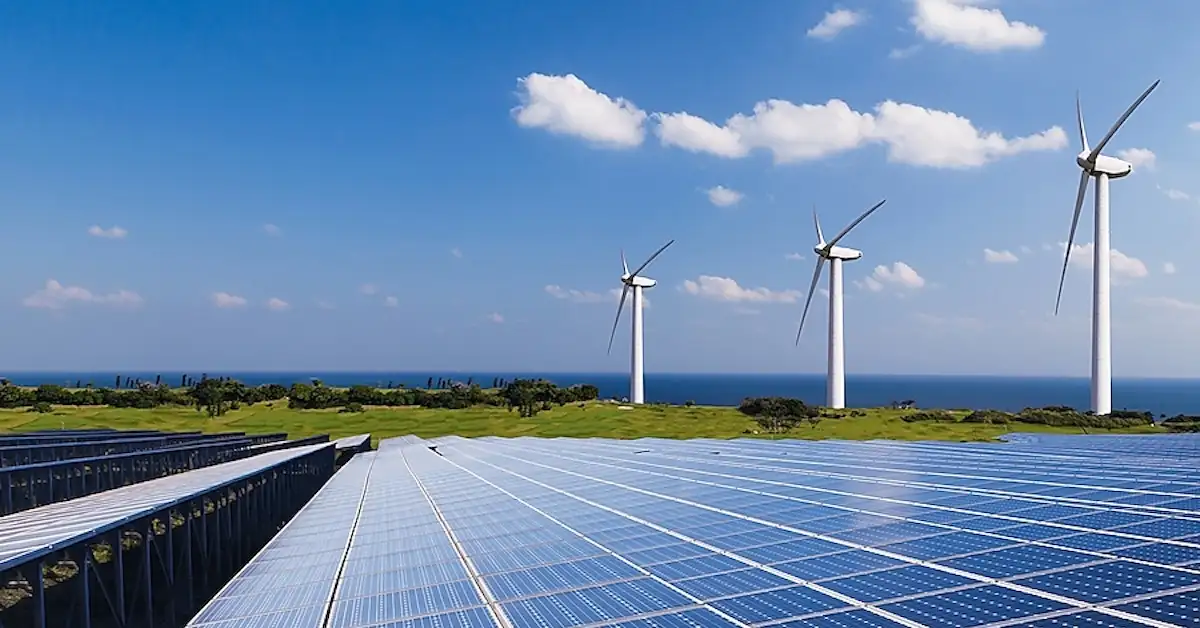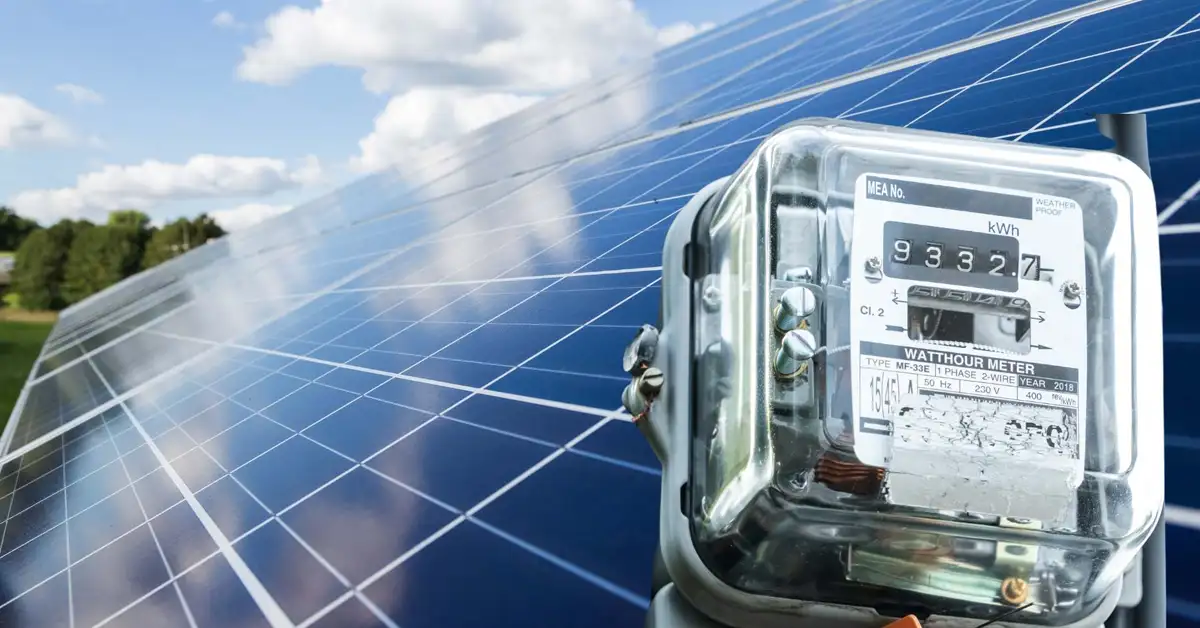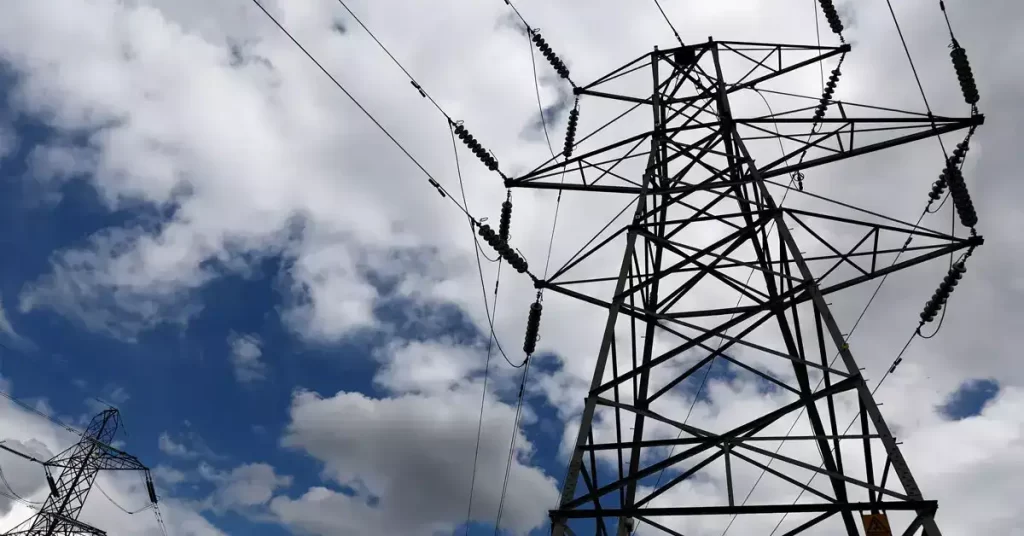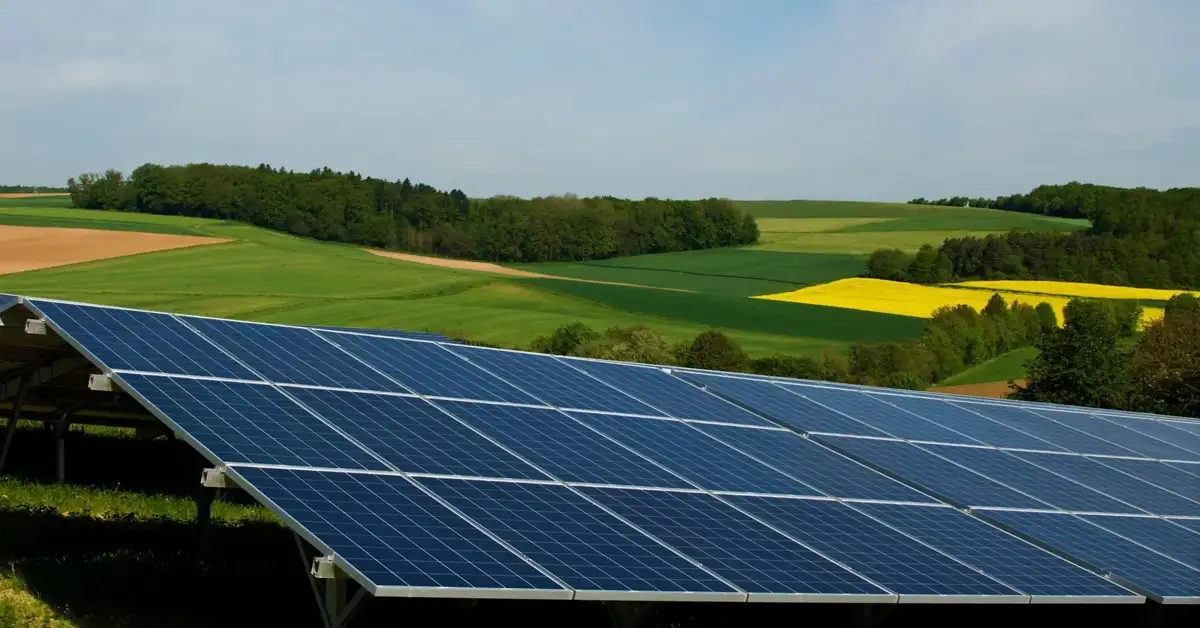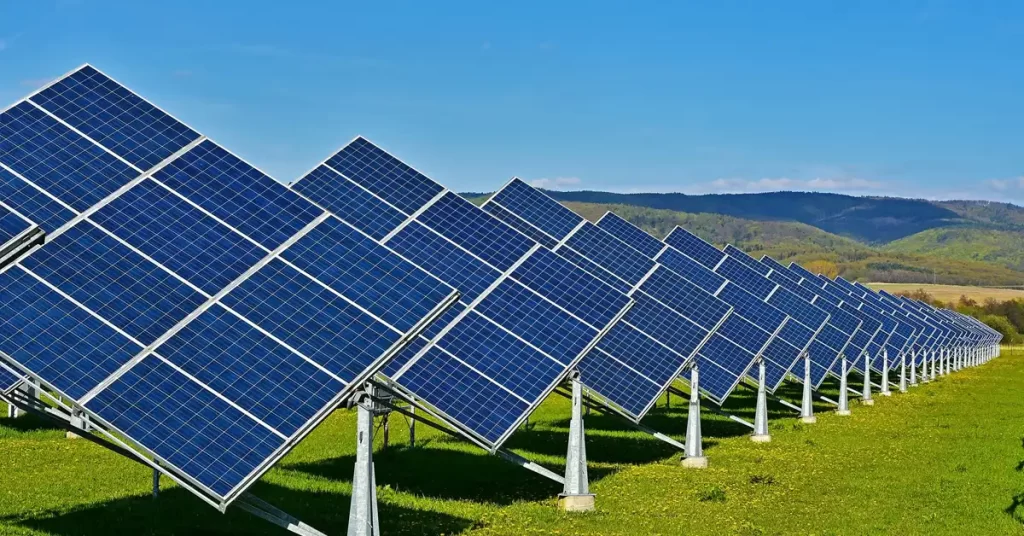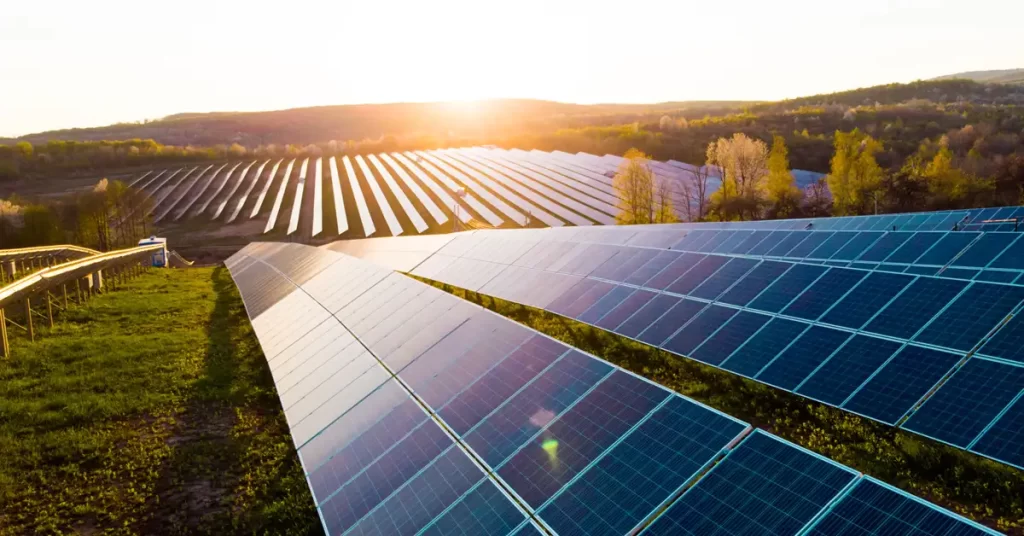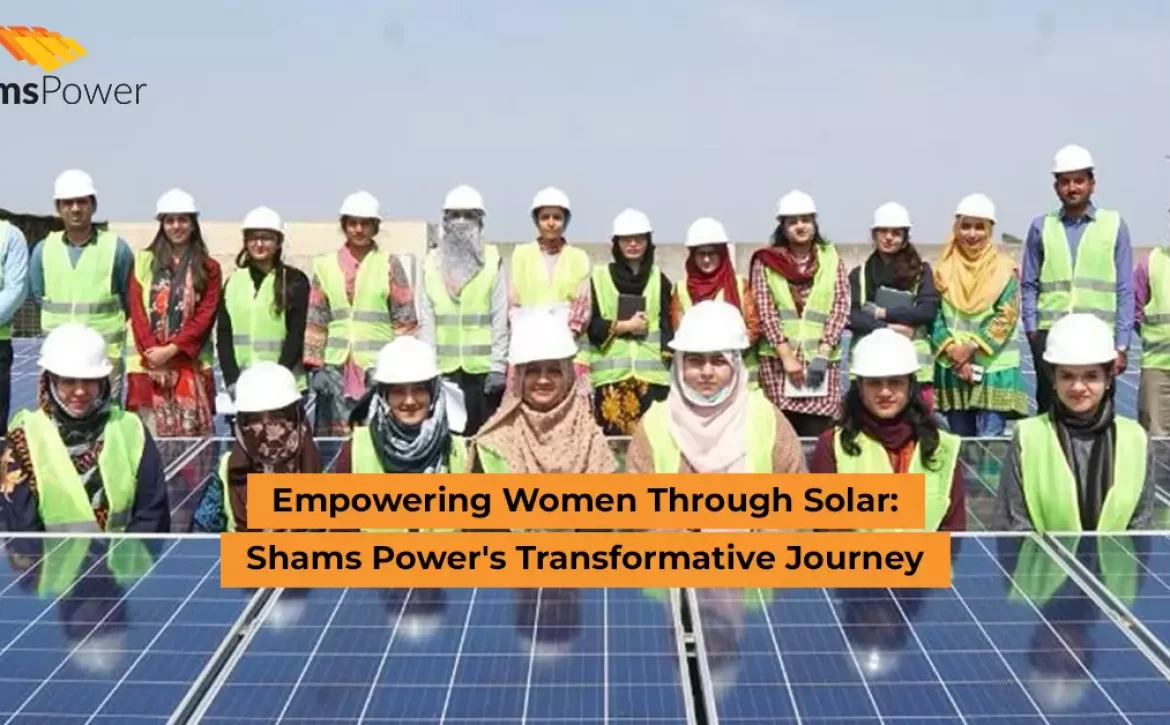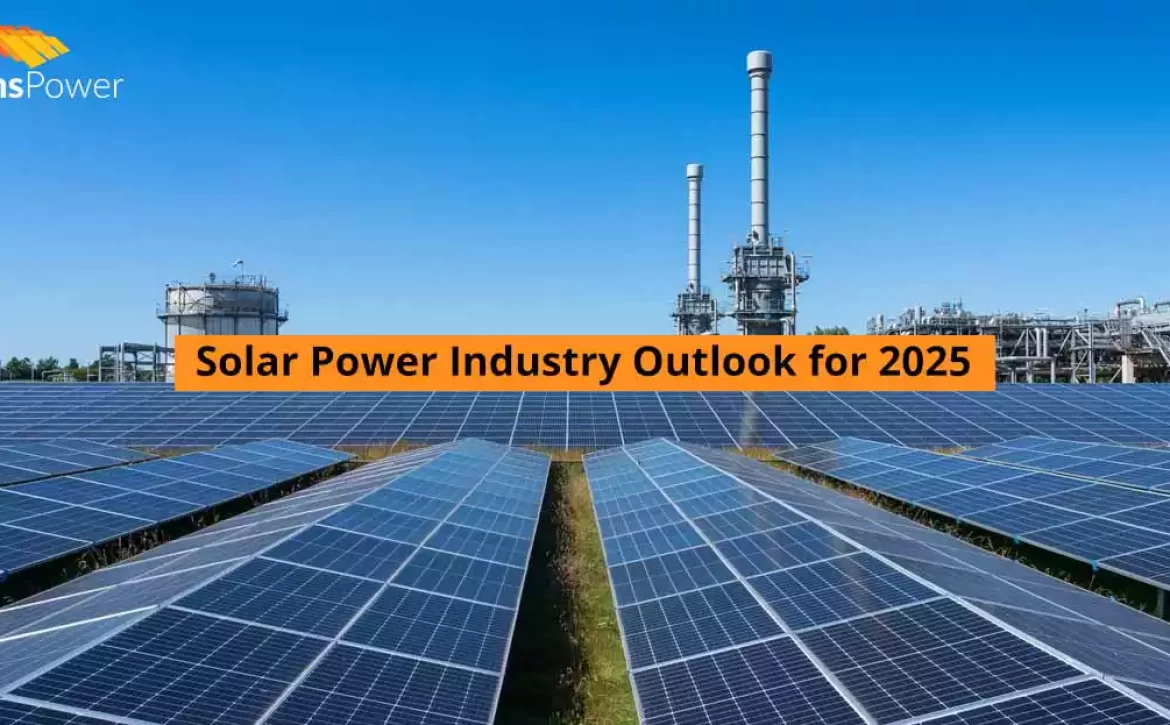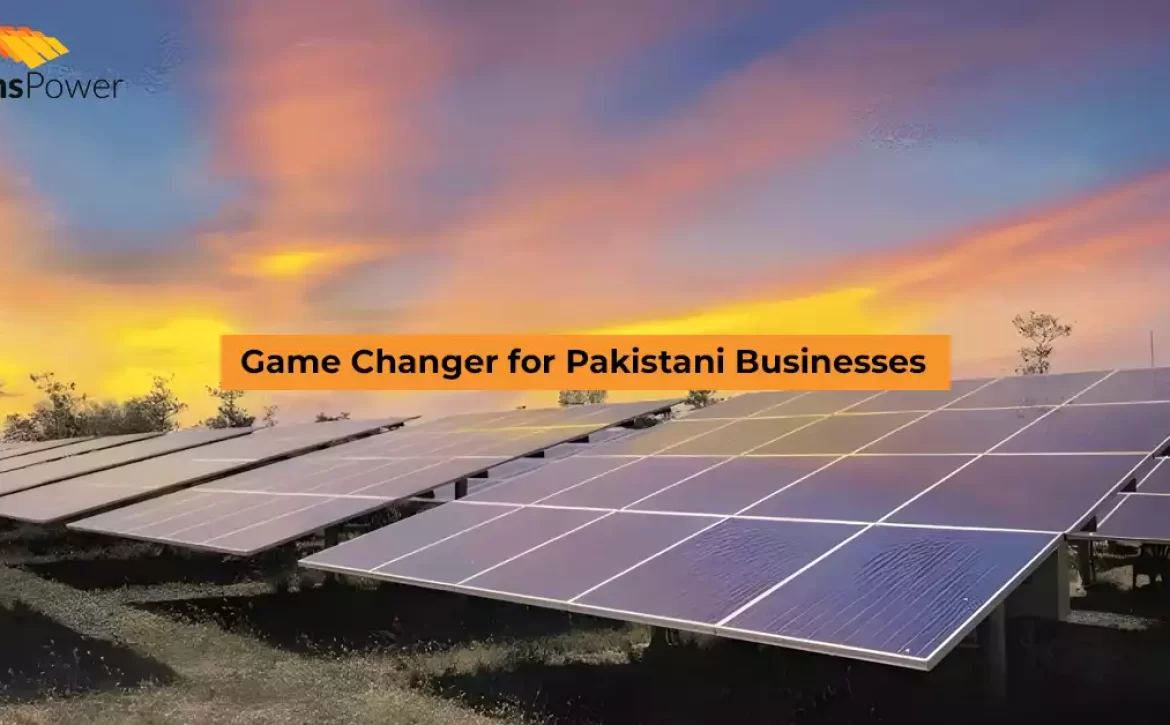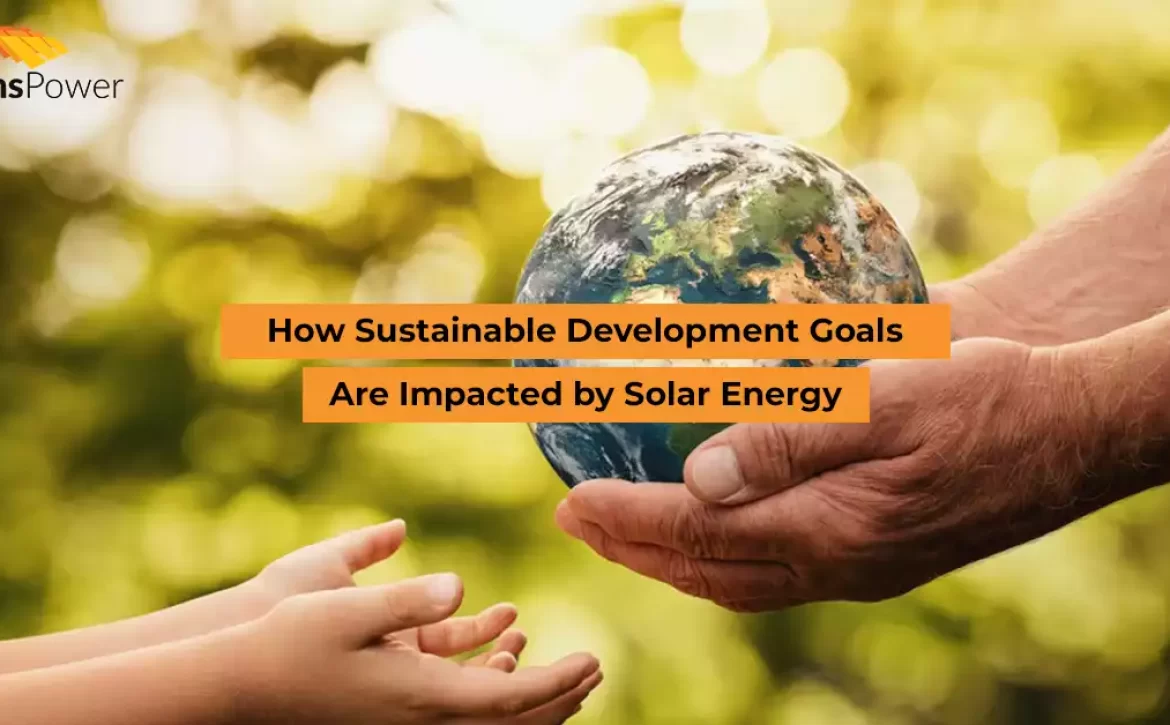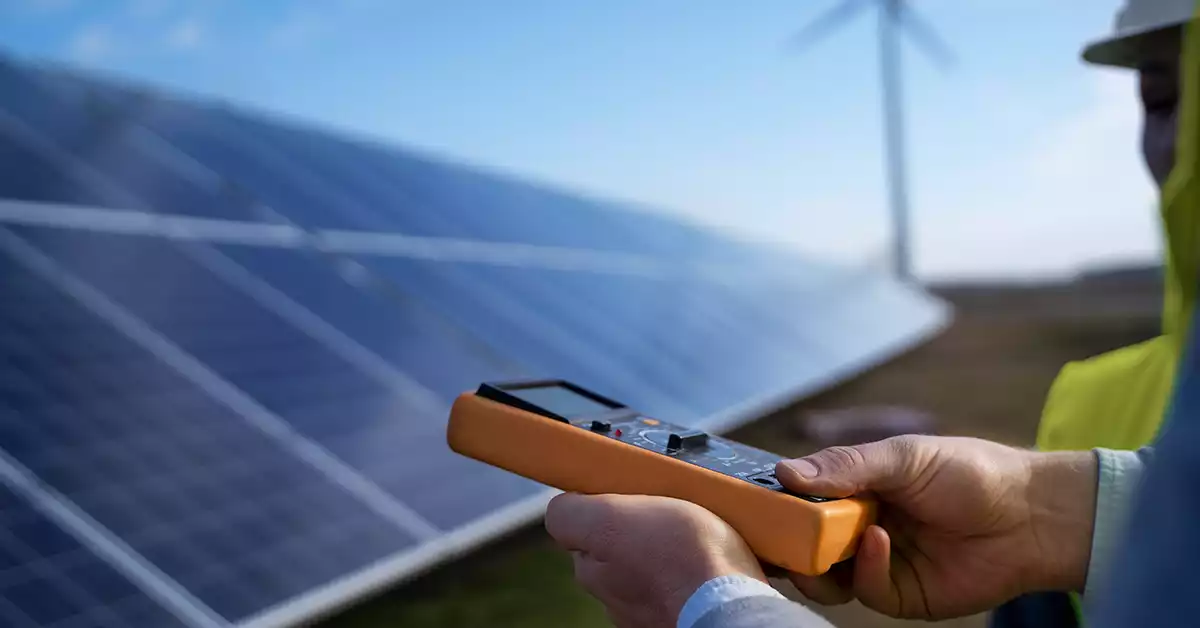How Solar Power Can Combat Climate Change In Pakistan
Pakistan has to deal with the unpleasant effects of global warming.There are serious hazards posed by ecological degradation, climatic instability, and rising temperatures. One redeeming feature in this battle to achieve a viable future is sunlight energy. Selecting the best solar inverter in Pakistan is essential for maximizing dependability and efficiency in order to fully utilize solar electricity.
The Approaching Danger
One of the nations most at risk from climate change is Pakistan. Over-reliance on fossil fuels to provide energy is a major factor in:
Greenhouse Gas Emissions: One of the significant causes of global warming is the emission of dangerous gases like carbon dioxide when fossil fuels are burned.
Air pollution: Burning fossil fuels releases smog and dangerous particulates into the atmosphere, affecting public health and boosting respiratory diseases.
Solar Power: A Light of Faith
A sustainable and clean way to address these environmental issues is via solar energy.
Decreased Carbon Footprint: Since solar energy generation eliminates the need to burn fossil fuels, greenhouse gas emissions are greatly reduced. This fights against global warming and lessens its terrible effects.
Cleaner Air: Unlike fossil fuels that emit toxic substances like sulfur and nitrogen oxides, the generation of solar energy does not produce any pollution. The air quality and public health are enhanced due to it.

Advantages for The Environment Beyond Emissions
Conserving Water: Conventional power plants need a lot of water to cool down. In contrast, solar energy uses little water, which makes it a useful resource in places like Pakistan where water is scarce.
Reusing Land: To encourage land rehabilitation and stop additional desertification, large-scale solar power facilities can be placed strategically on arid or damaged land. Additionally, With rooftop arrays, panels can contribute to carbon dioxide emissions reduction with a bigger effect. The best locations for a large-scale solar power system that businesses can easily utilize when needed are open fields, vacant parking lots, and abandoned buildings.
Electricity Generation: As long as the sun exists, you can harness its power to produce electricity anywhere. Because it is available, solar power is a great source of renewable energy for locations where traditional sources of electricity are scarce or for off-grid use.
Resilience of Power Grid: Solar power assists in enhancing the resilience of the power grid by ensuring a consistent supply of electricity, even when conventional sources are disrupted or removed from operation because of harsh weather or high demand.
Ecosystems and Wildlife: By reducing climate change emissions, solar energy-based electricity benefits ecosystems and wildlife. Using solar energy to meet our energy requirements can aid us in reducing the negative impacts of power generation and help safeguard valuable ecosystems and species.
Instances in Practice
Grid-tie Solar System: The energy produced by grid-tie solar systems is fed into the grid and stored for later use. Any energy generated is credited to the system owner under a net metering agreement, and they are free to consume it whenever they choose.
Off-Grid Solar Power Systems: When it comes to providing electricity to isolated areas without access to a utility line, off-grid solar works best. When there is a requirement to provide electricity to isolated areas that do not have access to a utility line, off-grid solar is best. Off-grid users are entirely in charge of producing their own electricity. Building an off-grid solar system with enough electricity to last for one day, and then a backup generator to top off output during extended periods of bad weather, is typically how this is accomplished.
Backup Solar Power Systems: A battery backup system is your best option if you reside on the grid but still want to be protected against power outages. On a daily basis, backup power systems operate similarly to regular grid-tie systems by connecting to the grid. But in the event of an outage, they also have a backup battery bank. In order to keep your appliances functioning in the event of a grid outage, the inverter immediately cuts off from the grid and uses the energy stored in your battery bank.
Conclusion
Pakistan can secure a cleaner environment and a more sustainable tomorrow for generations to come by adopting this clean and sustainable technology. Solar energy provides an effective weapon in Pakistan’s fight against climate change.



